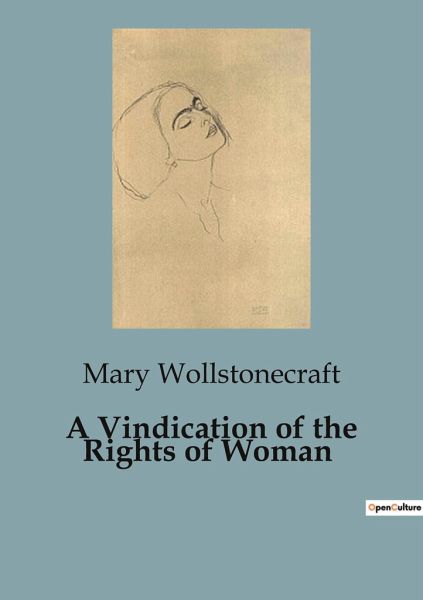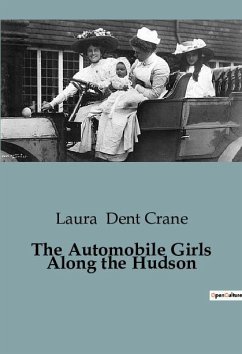
A Vindication of the Rights of Woman
Versandkostenfrei!
Versandfertig in 1-2 Wochen
14,00 €
inkl. MwSt.

PAYBACK Punkte
0 °P sammeln!
"A Vindication of the Rights of Woman" is a seminal work of feminist literature written by Mary Wollstonecraft and published in 1792. It is considered one of the earliest and most influential texts in the feminist movement and addresses the unequal treatment and education of women in society. Mary Wollstonecraft's "A Vindication of the Rights of Woman" continues to be studied and celebrated for its groundbreaking ideas and its role in advancing the cause of gender equality. It remains a powerful and thought-provoking work in the history of feminist literature and philosophy.












